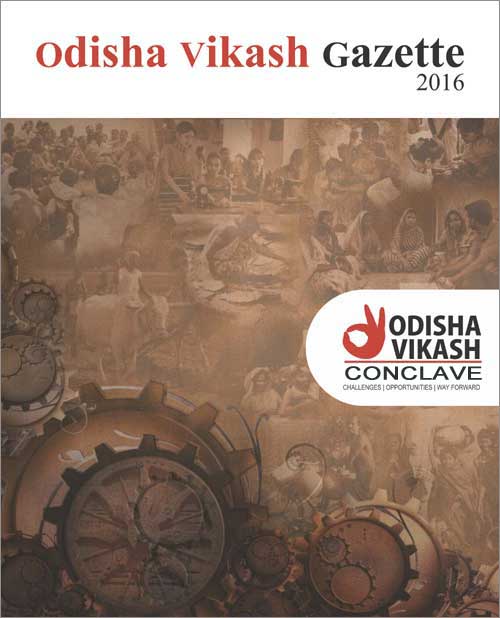School Education and Quality Learning
Venue: IGNOU – Near CYSD, Gangadhar Meher Marg
Millennium Development Goals (MDGs) and Sustainable Development Goals (SDGs) have led Government of India (GoI) to place greater focus on universalizing access to elementary education and on improving its quality. Various flagship programmes on education (DPEP, Sarva Shiksha Abhijan, Rashtriya Madhyamika Shiksha Abhiyan etc.) have sought to achieve these two broad objectives. Despite GoI and state governments’ initiatives, many children from the mainstream schooling system still lack the desired level of learning. Annual Status of Education Report-Rural (ASER) 2016 states that in rural areas, 27% children in Class 8, cannot read Class 2 level text and 57% are unable to do simple divisions taught in Class 4. These learning deficits are seen across grades and accumulate with each grade. Corresponding figures for Odisha’s rural areas and for Scheduled Tribes (STs) are even worse.
While data sources differ on the exact number of out-of-school children (with the last household survey data saying 41,000 children in Odisha aged 7-14 are not enrolled in any school while a recent study by Women and Child Development Department reporting that 55,868 girls alone aged 11-14 being out of school) it is clear that universal access in elementary education is yet to be achieved. Lack of access is due to insufficient infrastructure, absence of child friendly environment, high Pupil-Teacher Ratio etc. Quality is a greater challenge as only 3% of schools in Odisha are Right to Education (RtE) compliant. The RtE compliance of schools in Rayagada, Malkangiri, Nabarangpur, and Nuapada districts is much worse as per DISE 2013-14.
Odisha is home to many tribal communities with speakers of over 60 dialects, making language barrier a major challenge to ensure quality elementary education. Odisha has pioneered an education policy to manage the issue of multi-lingualismat the primary level. However, its implementation remains a grey area as it offers no clear guidelines for recruitment of teachers competent in tribal dialects. Rationalisation of teachers is also an untouched area leaving much scope for politically biased interference relating to transfers.
Against this backdrop, Odisha Development Conclave-2018 will focus on the following key areas for discussion under the theme of School Education.
Discussion Points:
- What strategies are working (and which are not) for improving quality learning processes and learning outcomes for children?
- What are the challenges faced in ensuring equity and inclusion in elementary education and how can these be addressed?
- What measures are being taken to improve multi-lingual education and how can these be strengthened?
- How far can the recent policy initiatives go in addressing the needs of children in backward regions or difficult to access areas?
- What roles do communities have in the management of school education? How can such roles be strengthened and made more effective?
- How can the education system be made more accountable to realize the rights of children guaranteed under the RtE framework?


